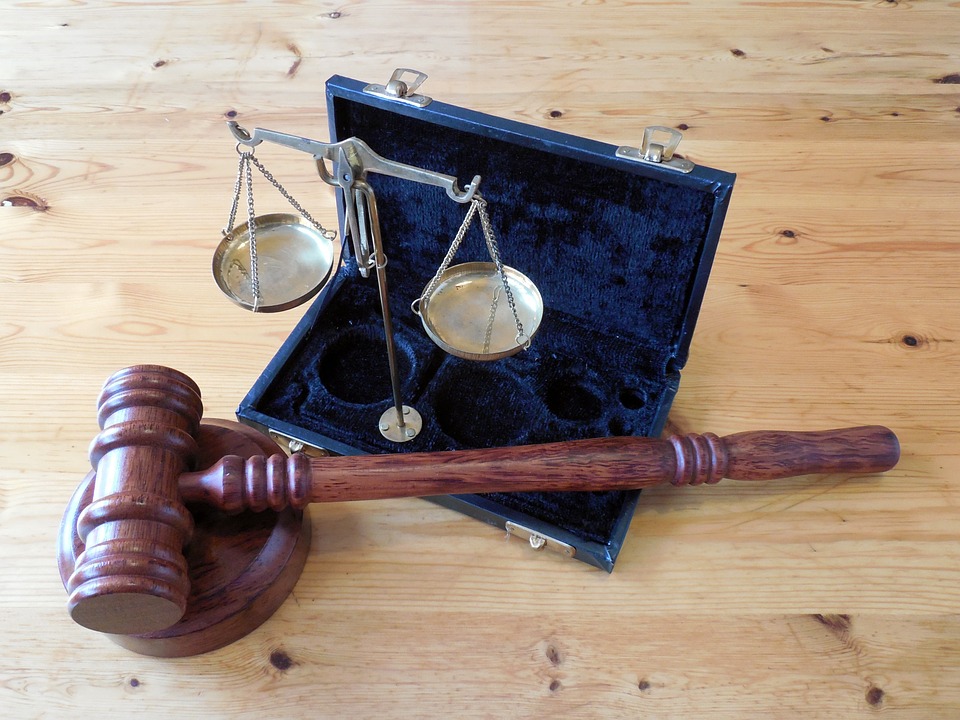Reports collected by the National Highway Traffic Safety Administration indicate 10,142 people died in drunk driving crashes across the United States during 2019. After observing that this death toll works out to losing “one person every 52 minutes,” NHTSA officials conclude, “These deaths were all preventable.”
As North Carolina personal injury and wrongful death attorneys who have spent the better part of four decades representing victims of individuals who drove under the influence, we concur. Preventing an alcohol-related crash is as simple as staying out of the driver’s seat after becoming intoxicated. Sadly, thousands of North Carolina residents and visitors make the wrong choice each year.
The 2019 Crash Facts report issued by the North Carolina Division of Motor Vehicles documents 8,254 alcohol-related crashes on state roads and highways resulting in 206 deaths. Those drunk driving crashes also injured 3,692. And the carnage inflicted by impaired drivers was not limited to these wrecks.
The DMV tracks drugged driving fatalities and injuries, as well. During 2019, individuals driving under the influence of drugs killed 34 people and sent another 1,923 people to hospitals with injuries.
LEARN MORE
- What You Should Know About Claiming Economic Damages in a North Carolina Personal Injury Lawsuit
- When and How Can Crash Victims Collect Punitive Damages in North Carolina?
- We Sue Drunk Drivers
Falling victim to an intoxicated driver gives a person the undeniable right to file insurance claims or a civil lawsuit. When the worst happens and a drunk or drugged driver kills someone else, the deceased victim’s family or legal executor can seek compensation in the victim’s name.
Succeeding with a personal injury or wrongful death case requires showing that the driver named as the defendant caused the crash and that the injuries or loss of life resulted directly from the collision. Presenting such evidence permits the victim to secure payment of economic damages and noneconomic damages. Showing that the at-fault driver was heavily intoxicated at the time of the crash also enables the injured victim or a deceased victim’s family to pursue punitive damages.
Explaining Economic and Noneconomic Damages
Lawyers and courts describe economic and noneconomic damages as compensatory because they represent monetary compensation for losses that can be calculated or estimated. Reimbursement for medical expenses and lost wages are economic damages that the plaintiff in a personal injury or wrongful death case can seek. Funeral costs can also be recovered when they exist.
Noneconomic damages are often called awards for pain and suffering. They represent compensation for physical pain, mental trauma and emotional distress. In North Carolina, the plaintiff in a wrongful death case can also request payment for the loss of the deceased victim’s services, protection, assistance, society, companionship, comfort, guidance and advice.
Punitive Damages in Drunk Driving Cases
Civil trial juries have the legal authority to assess punitive damages in addition to compensatory damages. To receive this type of payment, the plaintiff in a personal injury or wrongful death case must win a judgment in court and then succeed in a second hearing held specifically to determine whether the at-fault driver should be made to pay for committing an egregious act.
Under the North Carolina General Statutes, a jury can award punitive damages when clear and convincing evidence shows injuries or a death resulted from fraud, malice or willful r wanton behavior. Driving under the influence of alcohol or drugs, especially while being heavily intoxicated, is considered willful and wanton behavior because it demonstrates “conscious and intentional disregard of and indifference to the rights and safety of others, which the defendant knows or should know is reasonably likely to result in injury, damage, or other harm.”
Importantly, North Carolina law imposes no cap on punitive damage awards in drunk driving cases. While, no guarantees can ever be made regarding damage awards, this does make holding a truly dangerous driver fully financially accountable more possible.
EJL